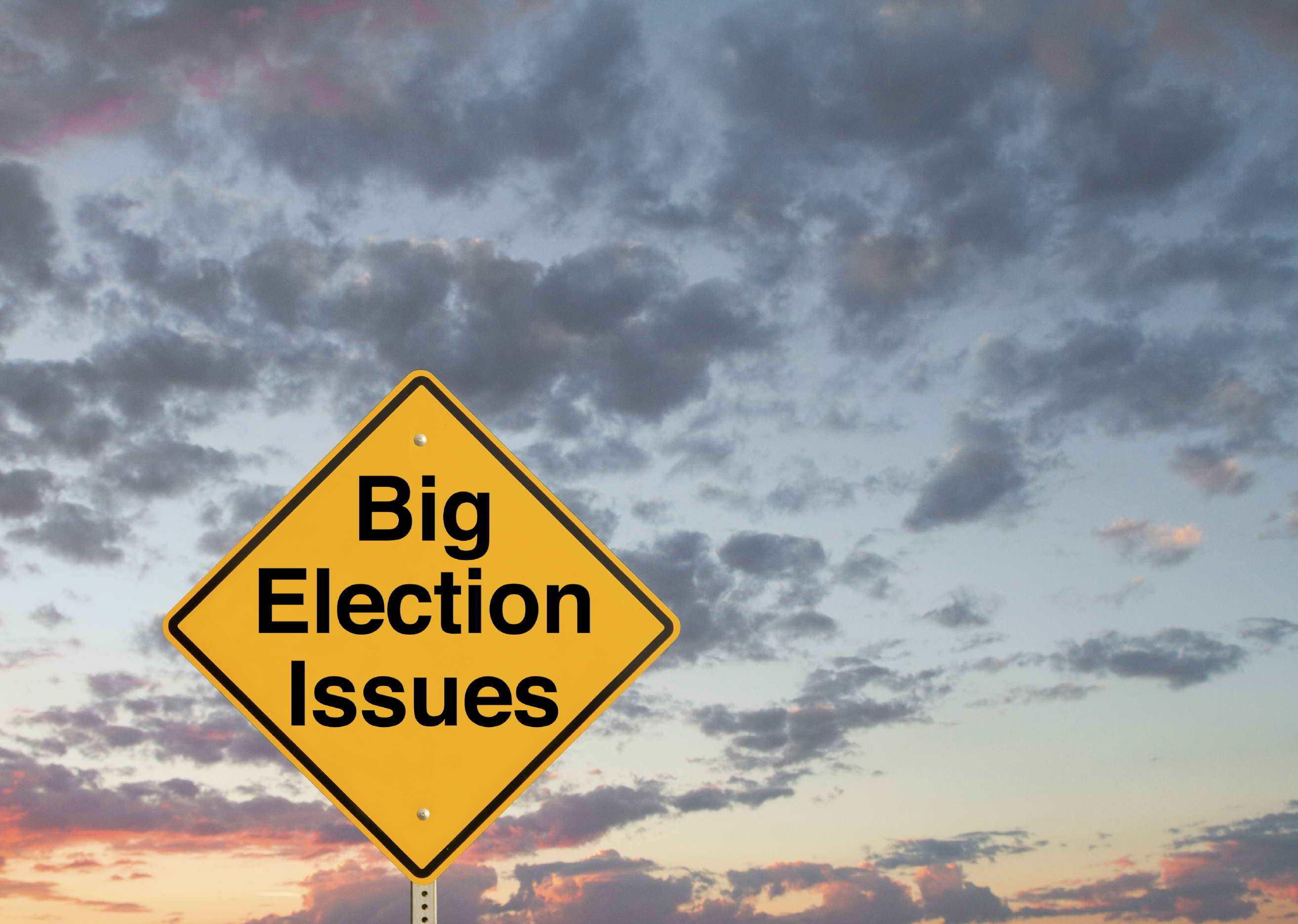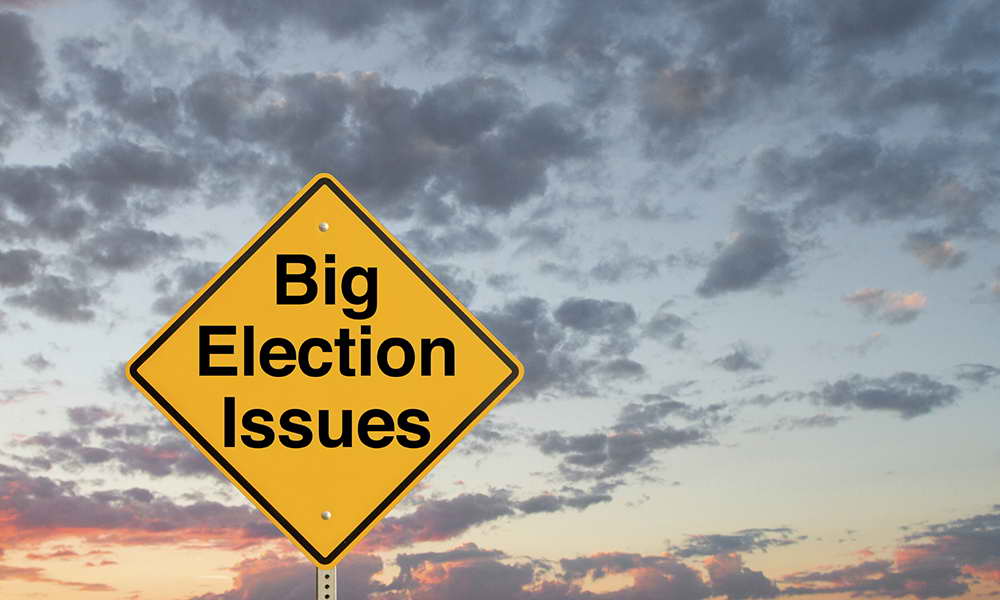November 11, 2015
11/11: Domestic Issues Key to 2016 Presidential Campaign
Domestic issues such as the economy, health care, and roads and bridges, are voters’ priority for the 2016 presidential campaign. While about one in five voters nationally, 21%, wants 2016 to be more about foreign policy issues such as ISIS and terrorism, 69% say domestic issues should be the focus of the election. In fact, nearly two-thirds of Americans, including 63% of registered voters, are more worried they will be a victim of gun violence than a victim of a terror attack.
 Zeroing in on the economy, more than one in four voters, 27%, cites economic growth as the most important economic issue on the minds of voters for the 2016 election. Jobs, 22%, and income inequality, 21%, follow. Attitudes differ based on voters’ partisanship, ideology, and race.
Zeroing in on the economy, more than one in four voters, 27%, cites economic growth as the most important economic issue on the minds of voters for the 2016 election. Jobs, 22%, and income inequality, 21%, follow. Attitudes differ based on voters’ partisanship, ideology, and race.
48% of adults, including half of registered voters, think immigration policy should be an immediate priority for President Obama and Congress, and another 36% say it should be a priority over the next couple of years. An additional 16% do not think the issue should be a priority at all.
What one word do voters use to best describe the 2016 presidential campaign, so far? “Crazy” tops the list with 40%.
“If you’re searching for common ground between Democrats and Republicans on the issues for 2016, you will need to look far and wide,” says Dr. Lee M. Miringoff, Director of The Marist College Institute for Public Opinion. “Polarization rules, and there is little consensus except when it comes to characterizing the campaign as ‘crazy.’”
Complete November 11, 2015 McClatchy-Marist Poll of the United States
Poll points:
- 69% of registered voters nationally think 2016 should be about domestic issues while 21% say the focus should be on foreign policy. Only 7% believe the campaign should center on social issues such as abortion and same-sex marriage.
- 64% of adults, including 63% of registered voters, are more concerned they or someone they know will be a victim of gun violence than a terror attack. 28% of Americans are more concerned about being a victim of a terror attack. 29% of voters have this view.
- 77% of Democrats and 64% of independents have a greater concern about being victimized by gun violence than an act of terror. In contrast, half of Republicans, 50%, are more concerned about a terror attack, and 51% of Tea Party supporters also have this view. 45% of the GOP and 41% of Tea Party backers have a greater concern about being a victim of a shooting.
- 27% of registered voters say economic growth is the most important economic issue for 2016. Jobs, 22%, and income inequality, 21%, follow. 18% of voters cite the federal deficit, and 11% mention taxes.
- More than one-third of Democrats, 34%, say income inequality is the top priority. The federal deficit, 30%, and economic growth, 28%, are the leading economic issues for the GOP. Only 4% of Republicans mention income inequality as the most important economic issue of the campaign. Nearly three in ten independents, 29%, report economic growth is their top economic concern.
- 43% of voters who identify as either liberal or very liberal believe income inequality is the top economic issue for campaign 2016. 29% of those who are conservative or very conservative put the federal deficit at the top of their economic concerns. 33% of moderates assert economic growth is the cornerstone economic issue for 2016.
- African Americans, 33%, cite jobs as the key economic issue while whites, 27%, mention economic growth. Among Latinos, 26% assert jobs is the crucial issue of the campaign, and 25% have this view of income inequality.
- 48%, including 50% of voters, think immigration should be an immediate priority while 36% believe it should be a priority over the next couple of years. 16% do not believe the issue should be a priority. In July 2013, 53% of Americans thought immigration should be an urgent issue.
- Republicans, 59%, including 68% of the GOP who support the Tea Party, are more likely than Democrats, 47%, and independents, 49%, to want immigration policy addressed immediately.
- 40% of registered voters describe the 2016 presidential campaign as “crazy.” 14% call it “mean-spirited,” followed by “passionate,” 13%, and “traditional,” 13%. The descriptors “informative” and “principled” each has 9%.

